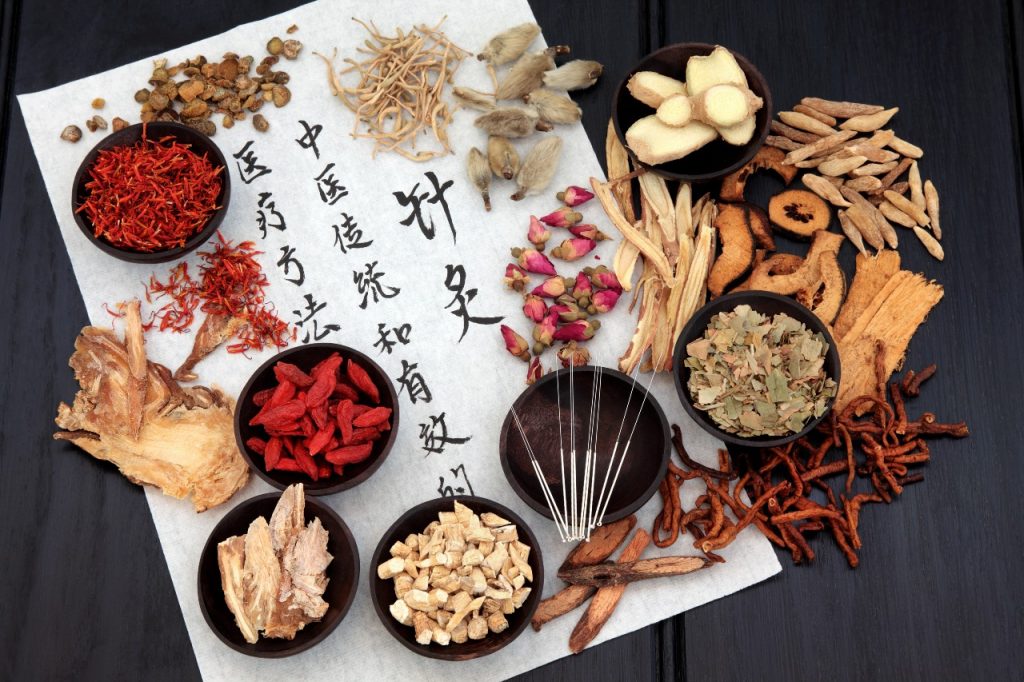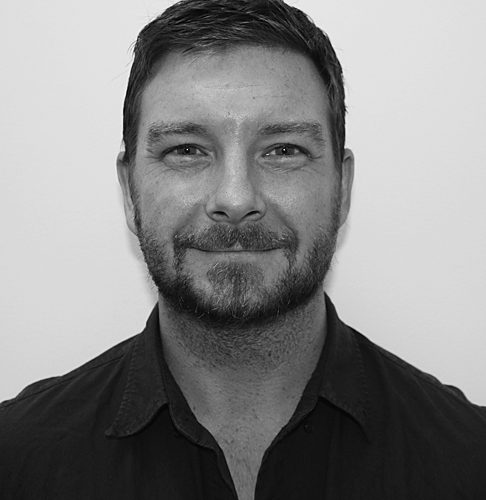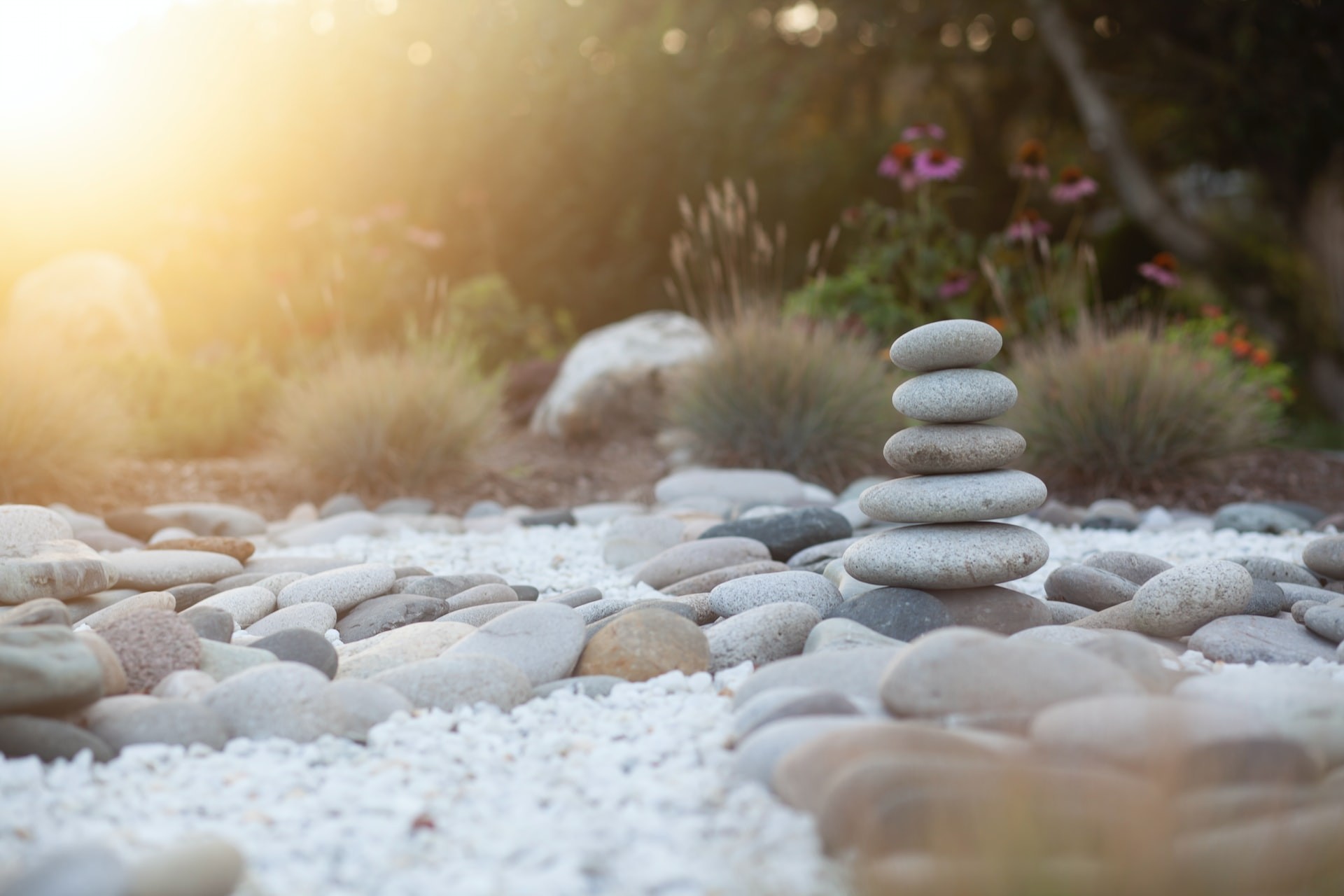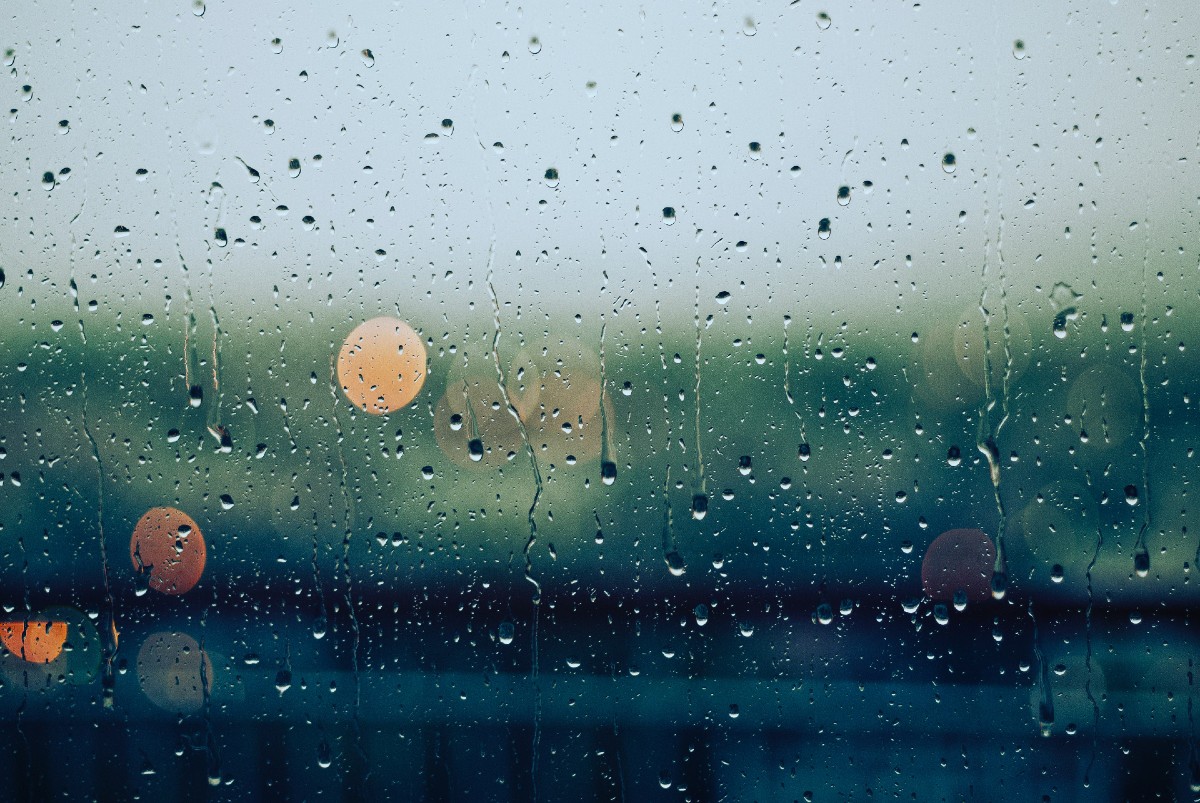The symptoms of depression can feel all too common – sensations of despair, hopelessness, and anger, low energy, feeling overwhelmed, a loss interest in other people and activities you used to find joy in, insomnia, fatigue, loss of appetite – I could go on… Pharmacological treatment of depression is the norm in Australia, but it can often take some time to find the correct medication, and there are a lot of unwanted side-effects that can come with this course of treatment. But there are alternatives to be found in Chinese medicine that work well either alongside, or instead of, more common treatments.
Depression and Chinese Medicine
Aspects of depression can be found in Chinese medical literature from over 2000 years ago, and has gone under many names:
- Bai He Bing (Lily Syndrome) – this is probably the closest to our modern description of depression, describing both emotional (lack of desire for food, won’t speak, mental restlessness) and physical (no energy, digestive problems) aspects that we would now recognise.
- Zang Zao (Agitation) – the literal translation for Zang Zao is “visceral restlessness”, and refers to sadness, crying, and feelings of agitation in the body.
- Mei He Qi (Plum-Stone Syndrome) – this describes a group of psychological symptoms, along with the sensation of something being stuck in your throat, though there is nothing physically there. This can be an uncomfortable sensation, and is seen as being caused by emotional tension, with your emotions being “too hard to swallow”. There are effective herbal formulas that have been designed to specifically deal with this situation.
- Xin Ji Zheng Chong (Palpitations and Anxiety) – aspects of this relate to depression, but more closely resemble modern anxiety disorders.
In Traditional Chinese Medicine (TCM), the common term for depression is Yu Zheng, which means both “depression” and “stagnation”. The stagnation meaning refers to, in part, the stagnation in the flow of Qi through the body, and this is seen as the cause of most types of depression. In modern times, this can be seen as the feeling of being stuck, unable to move forward, that arises when you are feeling depressed.
One way of categorising depression in Chinese medicine is through the 5 Elements – Fire, Earth, Metal, Water, Wood – and their related organ systems. The three main types of depression seen are:
- Earth type – difficulties in keeping up with life, feeling overwhelmed, worried all the time, fatigued, digestive problems, weight gain.
- Fire/Water type – driven by fear, low motivation, anxiety, insomnia, palpitations, low sex drive, may have frequent urination.
- Wood type – feels all bunched up, uptight and tense, irritability, frustration, angry outbursts, tight neck and shoulders, headaches.
How you can help yourself: self-massage
You can use the following acupuncture points to help relieve some of the symptoms of depression, and to give a boost to your energy.
LUNG 1 (Zhong Fu - Middle Palace)
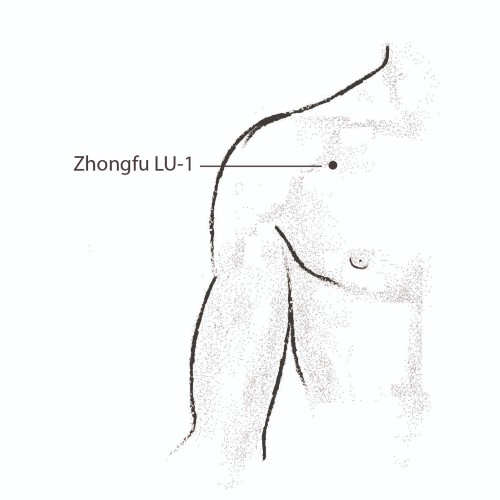
KIDNEY 1 (Yongquan - Gushing Spring)
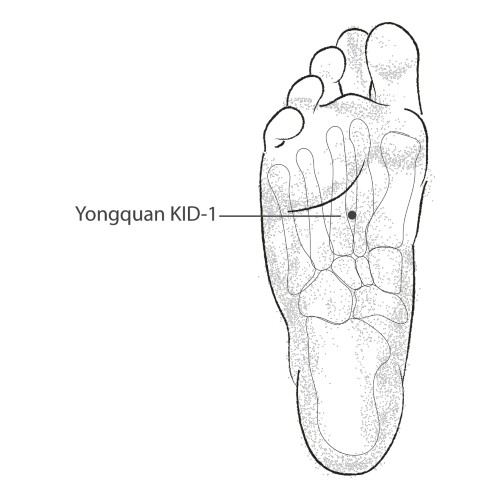
Found on the sole of the foot, in the depression in the middle directly behind the front foot pad. This is a great point when you lack the stamina or willpower to keep going, allowing you to draw on deep reserves of energy to give you a kick start. It also helps to bring down energy from the head, putting a stop to the over-thinking and rumination often associated with depression.
STOMACH 36 (Zusanli - Leg Three Miles)
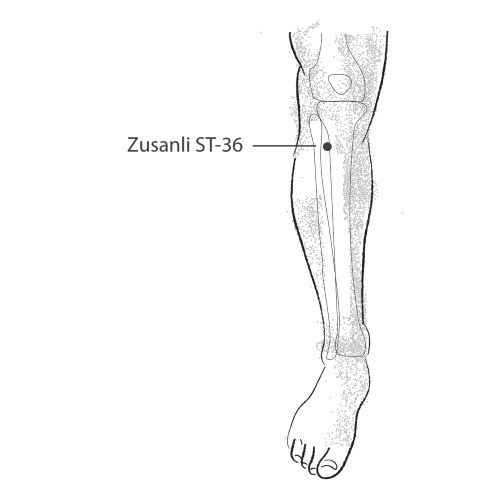
One of the most famous acupuncture points, and for good reason. This point can help with digestive problems, support the immune system, but most importantly for depression, it tops up your energy and eliminates fatigue. It is located on the outside of the leg, one handwidth below the bottom of the kneecap, just to the outside of the tibia (shinbone).
LUNG 7 (Lieque - Broken Sequence)
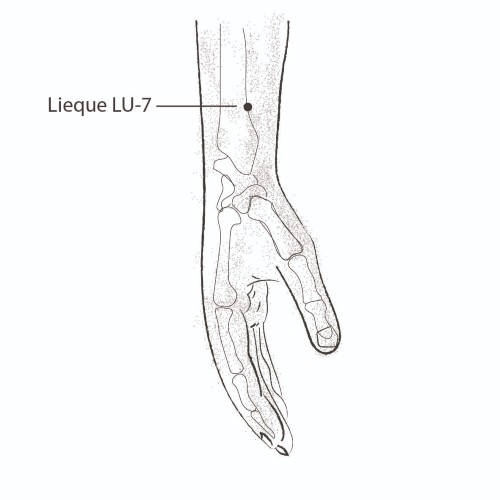
This point clears the mind and lifts the mood, so is great for the heavy head you can have when you’re feeling depressed. It is found on the thumb side of the forearm, an inch and a half back from the wrist crease. Massage the area for a couple of minutes in small circles.
Movement to get you moving again!
It can be hard sometimes to get yourself going when feeling depressed, but any movement or exercise, no matter how small, can help. Getting moving can help lift your energy and get you out of your head for a while. Even getting out for a short walk when you can will help to move the stagnant energy of the body.
Another option is to do some Qi Gong at home. There’s a great routine here that will only take up 10 minutes of your day, and uses some of the acupuncture points discussed earlier.
Acupuncture, Chinese Herbal Medicine and depression
Chinese medicine can help to treat depression, and can be used alongside pharmacological or other treatments. Research has shown that acupuncture can be just as effective as antidepressants, and that when used together, acupuncture and antidepressants have a greater effect on reducing depression than medication on its own.
Chinese herbal medicine has also been shown to be effective in depression treatment, though it is an area that needs further high quality studies.
References
1. Maciocia, G. (2008). The Practice of Chinese Medicine. Churchill Livingstone, London.
2. Sun, H., Zhao, H., Ma, C., Bao, F., Zhang, J., Wang, D., Zhang, Y. & He, W. (2013). Effects of electroacupuncture on depression and the production of glial cell line derived neurotrophic factor compared with fluoxetine: A randomised controlled pilot study. Journal of Alternative and Complementary Medicine, 19 (9), 733-739.
3. Chan, Y.Y., Lo, W.Y., Yang, S.N., Chen, Y.H. & Lin, J.G. (2015). The benefit of combined acupuncture and antidepressant medication for depression: a systematic review and meta-analysis. Journal of Affective Disorders, 176, 106-117.
4. Zhang, Y., Han, M., Liu, Z., Wang, J., He, Q. & Liu, J. (2012). Chinese herbal formula Xiao Yao San for treatment of depression: a systematic review of randomised controlled trials. Evidence Based Complementary and Alternative Medicine, DOI: 10.1155/2012/931636.

